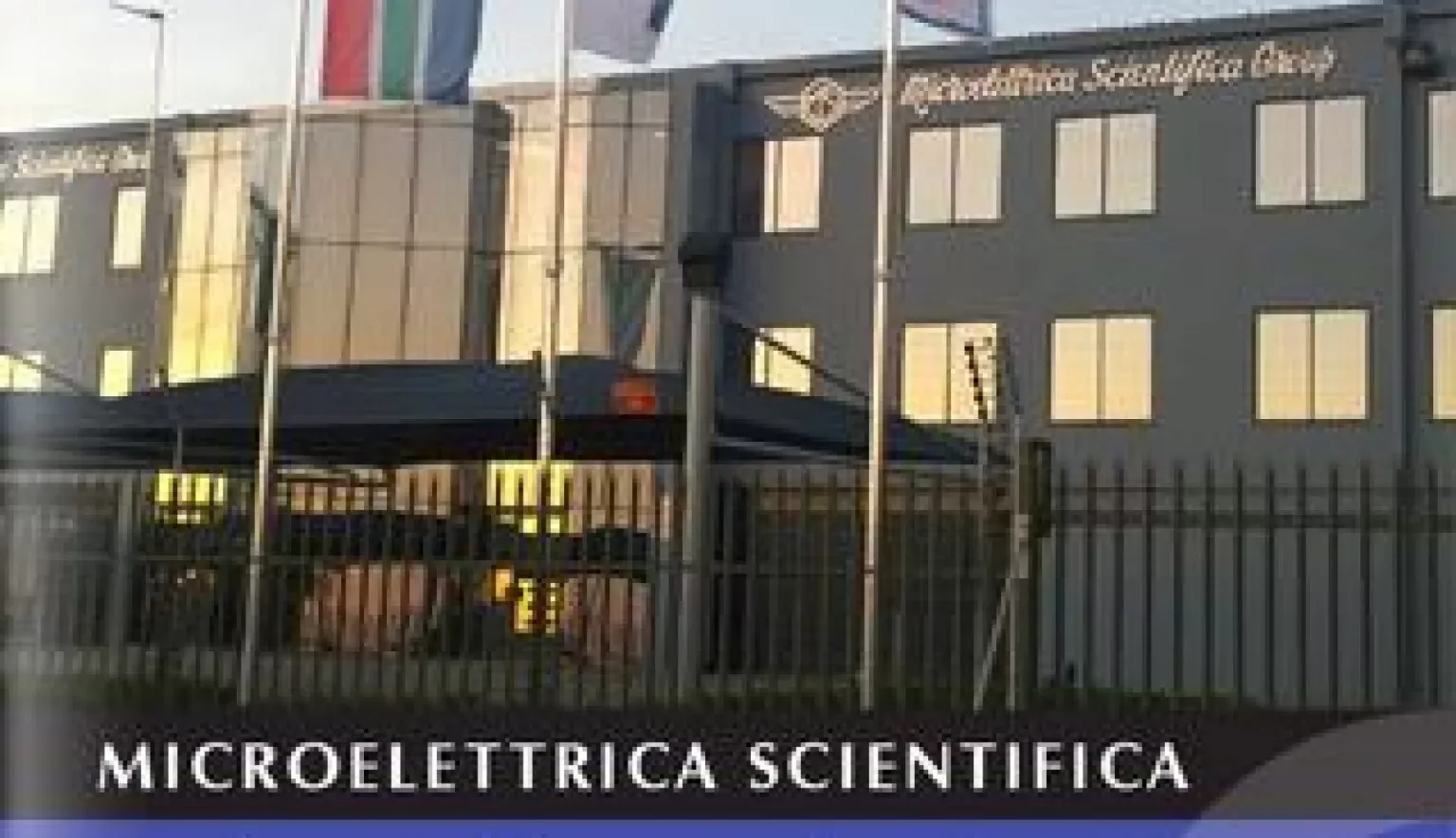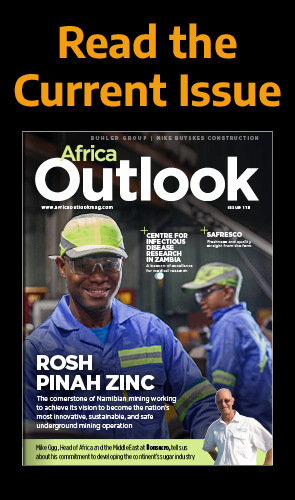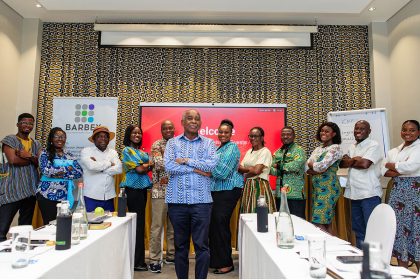Since gaining a presence in South Africa in 2002, Microelettrica Scientifica has successfully adopted a localisation strategy and BBBEE initiatives that will drive local content production.
LOCALISATION IN ACTION
Headquartered in Italy, Microelettrica Scientifica has been designing, developing and producing electro-mechanical equipment for some of the most advanced and demanding applications of railway transportation, urban mobility and industry around the world.
Since expanding its geographical footprint into South Africa in 2002, the company started small; assembling braking resistors for locomotives and importing contactors and relays from the Italian parent company. The market demand for Microelettrica products grew swiftly and product availability grew in conjunction with this to include high speed circuit breakers, protection relays, switchgear, fans, power converters, transducers and metering equipment. “Our South African customer base rapidly grew and company success can be seen in our turnover, which has grown at an average of 25 percent a year over the past five years,” Microelettrica South Africa’s Managing Director, Senny van den Oever says.
Accompanying this high level of growth is a company mission to adopt both a localisation strategy and maintain a very high level of Broad Based Black Economic Empowerment (BBBEE), in which Microelettrica currently holds a level two status with 125 percent recognition. “The BBBEE initiative is taken very seriously in South Africa and there are strong demands from both regulators and customers, hence the continuing focus for us. Our high compliance level means that for any company that purchases from us, for every one rand spent, they get recognition of 1.25 rand towards its own empowerment levels.
“For us, our high score is extremely attractive for state-owned companies and governments in particular as it meets a key South African business performance measure,” van den Oever explains.
In addition to embracing BBBEE practices and regulations set out by the government, Microelettrica South Africa achieved the ISO 9001 Quality Management Systems certification in 2014.
LOCALISATION STRATEGY
Historically in African countries, components with high levels of intricacies and particularly complicated technologies have been imported from overseas. In line with government industrialisation goals, Microelettrica Scientifica has adopted a localisation strategy where the company has phased in and encouraged local content in line with the broader goals for the country.
“The government has outlined local content as a key requirement for South African companies and our local content stands at an impressive 80-90 percent depending on the product. It has been an immense challenge to find black-owned companies with highly technical components, but we are looking to foster relationships to develop their enterprise so they are able to supply us with the right quality product at the right price. Our aggressive localisation strategy is one factor that sets us apart from the competition,” highlights van den Oever.
Moreover, local facilities allow Microelettrica Scientifica to design and manufacture customised solutions tailored for the unique requirements of any customer in the rail, energy, mining and general industries; like a power resistor for a specific brand of locomotive for example.
“Also, our strategy will create more jobs and promote local skills development. Combine this with the improved lead times from local procurement and improved response times in the after sales cycle and we successfully contribute to South Africa’s challenges and transformational imperatives,” comments van den Oever.
Of course, the strategy does not come without challenge and additional cost attached. However, van den Oever believes staff at Microelettrica have a ‘can do’ attitude which makes the “seemingly impossible, turn into opportunity”.
In line with this, the company spends six percent of its payroll in order to equip people with the necessary skills to assemble and test products. “This is nearly double the normal spend on skills development in South Africa and our training plan is a culmination of inputs and agreement from all levels of management. Skills are generally in short supply and so we have to nurture what we have,” says van den Oever.
AGGRESSIVE EXPANSION
With an eye on possible strategic acquisitions to add to the company product portfolio, Microelettrica continues to aggressively market itself to gain a bigger market share on the continent and really get the brand name out there.
“In support of this, we are launching our fans and power converters in the South African market which is only just the beginning. Further, our sales focus is on products that have not yet significantly penetrated the South African market in sectors that the company has not yet sufficiently explored, such as mining and energy. This presents a great opportunity for Microelettrica as we target to achieve at least one third of our growth in African markets,” emphasises van den Oever, adding that further market research will be needed in order to ensure that new product launches work in conjunction with the Microelettrica localisation strategy.
“It is too early to say which countries will bear fruitful business opportunities, needless to say that where we identify a local content requirement we will look at the possibility of setting up subsidiaries in these countries to cement our localisation strategy in place from the word go,” he further adds.
Continued dedication to its efficiencies, staff and products through comprehensive and well structured localisation methodologies, embracing BBBEE initiatives, is Microelettrica’s business proposition for South Africa and beyond. With an impressive outlook to treble its turnover, van den Oever fronts the South African arm of the business to secure at least a third of this growth from Sub-Sahara African countries.
“We are making the right inroads at this stage to gain an extensive footprint in Africa in the long term. By embracing the transformational imperatives of both our country and continent, we have become an OEM that garners a large local content percentage in South Africa,” he proudly concludes.

































